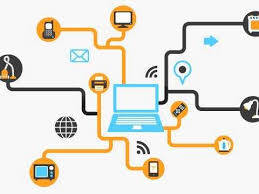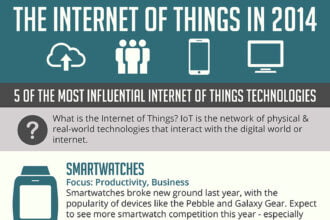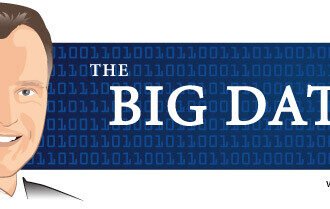 Devices connected to the internet — everything from coffee makers to toys — are going to become awidespread consumer phenomenon sooner than you expect, even though Europeans and Americans for now regard the technology in different ways.
Devices connected to the internet — everything from coffee makers to toys — are going to become awidespread consumer phenomenon sooner than you expect, even though Europeans and Americans for now regard the technology in different ways.
 Devices connected to the internet — everything from coffee makers to toys — are going to become awidespread consumer phenomenon sooner than you expect, even though Europeans and Americans for now regard the technology in different ways.
Devices connected to the internet — everything from coffee makers to toys — are going to become awidespread consumer phenomenon sooner than you expect, even though Europeans and Americans for now regard the technology in different ways.
Until now, smart machines connected to the internet have largely been the province of industry and governments. In the view of two executives, however, such devices will soon become ubiquitous at a consumer level, and everything from coffee machines to toys will have at least a brief life on the internet.
According to Alicia Asin, the CEO of Libelium, which creates cloud-connected sensors, it is not just university researchers who are asking questions about the internet of things. Asin says that, thanks to the growth of inexpensive open hardware platforms and crowd-funding, a growing number of consumer companies are proposing compelling business cases to tap into the internet of things.
Asin, whose company’s devices measure everything from stress levels in koala bears to power plants, made the remarks at GigaOM’s Structure:Europe conference in London. She was joined by Michael Simon, CEO of LogMeIn, to discuss the business implications of more connected devices.
Simon said that, not long ago, his colleagues regarded his interest in the internet of things as a pet science fair project but that the technology has become table stakes in any serious manufacturing proposal related to appliances or energy. He adds that predictions of 60 billion connected devices worldwide by the end of the decade are not optimistic, but are likely too low.
Asin and Simon also reflected on different perceptions of the internet of things in Europe versus the United States.
Simon, pointing to the popular Nest thermostat, said that Americans are focused on the user experience — the beauty of the design and the ability to control it with an iPhone are the primary draws, with energy savings a third consideration. The opposite is true in Europe at the moment, where the internet of things discussions begin and end with energy efficiency. Simon believes, though, that the attitudes will soon converge.









